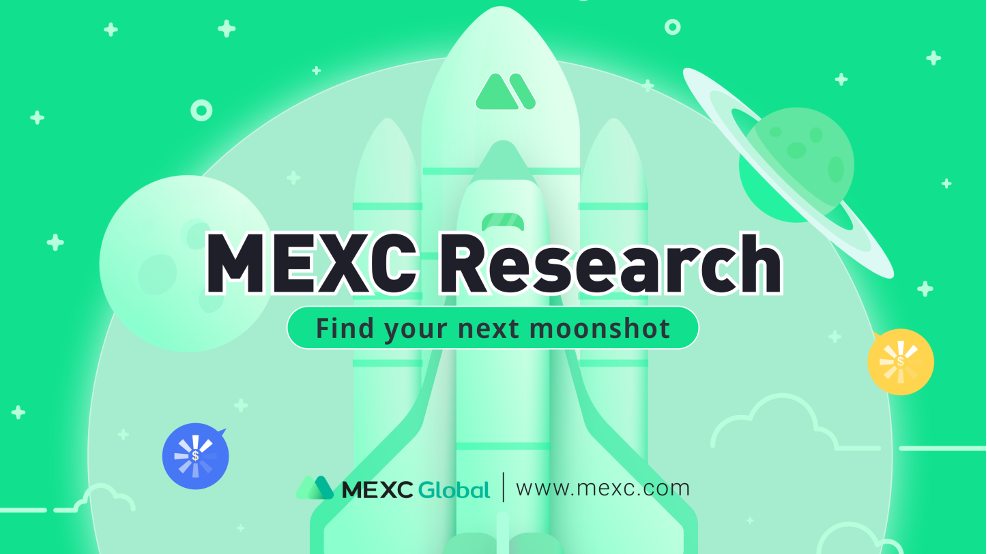Introduction
Supply chain management is the backbone of global trade and commerce, ensuring products move from manufacturers to consumers efficiently. However, it’s also an arena fraught with challenges like fraud, inefficiency, and a lack of transparency. Enter blockchain technology, which has emerged as a promising solution to enhance transparency and traceability in supply chains. It will also ultimately reduce fraud and ensure product authenticity. In this article, we will delve into how blockchain technology is transforming the supply chain management landscape.

The Challenges in Traditional Supply Chains
Traditional supply chains are often complex and involve multiple stakeholders, making them vulnerable to various issues:
- Counterfeiting and Fraud: Fake products infiltrate supply chains, causing economic losses and potential harm to consumers.
- Lack of Transparency: Many supply chain participants lack visibility into the entire process, leading to inefficiencies and a lack of accountability.
- Inefficient Record-Keeping: Furthermore, supply chain records are typically maintained in siloed, centralized systems, making data susceptible to manipulation and errors.
- Slow and Costly Processes: Settlement of disputes and reconciliation can be slow and expensive, impacting the overall efficiency of the supply chain.
Blockchain and Transparency
Blockchain technology addresses these challenges by offering a decentralized, immutable ledger that all stakeholders can access, verify, and trust. Here’s how it enhances transparency:
- Immutable Records: Each transaction or event in the supply chain is recorded as a block in the blockchain. Once recorded, these blocks cannot be altered or deleted. This immutability ensures that the data is trustworthy.
- Transparency for All: All participants in the supply chain, from manufacturers to distributors and consumers, can access the same blockchain data in real time. This transparency makes it easy to track the movement of products at every stage.
- Smart Contracts: Smart contracts are self-executing agreements with the terms of the contract directly written into code. They can automate and enforce agreements between parties, reducing disputes and errors.
Blockchain and Traceability
One of the significant benefits of blockchain in supply chain management is traceability. Here’s how it works:
- Product Provenance: Blockchain allows for the creation of a digital twin for every physical product. This twin is a unique identifier that stays with the product throughout its journey. It can store information about the product’s origin, manufacturing process, and every step in the supply chain.
- Real-Time Tracking: Stakeholders can use blockchain to track products in real-time. This is especially critical for products with specific requirements, such as pharmaceuticals or perishable goods.
- Authentication: Consumers can verify the authenticity of products using their digital twins. This can help in preventing the distribution of counterfeit goods.
Case Studies
Several companies have already begun to harness the power of blockchain in supply chain management:
- Walmart: The retail giant uses blockchain to track the movement of food products. They reduced the time it took to trace the origin of a product from days to seconds, improving food safety.
- IBM Food Trust: Meanwhile, IBM’s Food Trust platform uses blockchain to track food items from farm to store, enhancing food safety and reducing waste.
- De Beers: The diamond industry is using blockchain to track the origin of diamonds, reducing the trade in conflict diamonds.
Challenges and Future Prospects
While blockchain has great potential, challenges remain, such as scalability, data privacy, and adoption hurdles. However, as technology matures and more companies integrate blockchain into their supply chains, these issues are likely to be addressed.
In conclusion, blockchain technology is revolutionizing supply chain management by introducing transparency and traceability into complex systems. By ensuring the authenticity of products and reducing fraud, blockchain is set to become an integral part of the modern supply chain. It is also promising a more efficient, reliable, and trustworthy global trade system.
Join MEXC and Get up to $10,000 Bonus!
Sign Up


